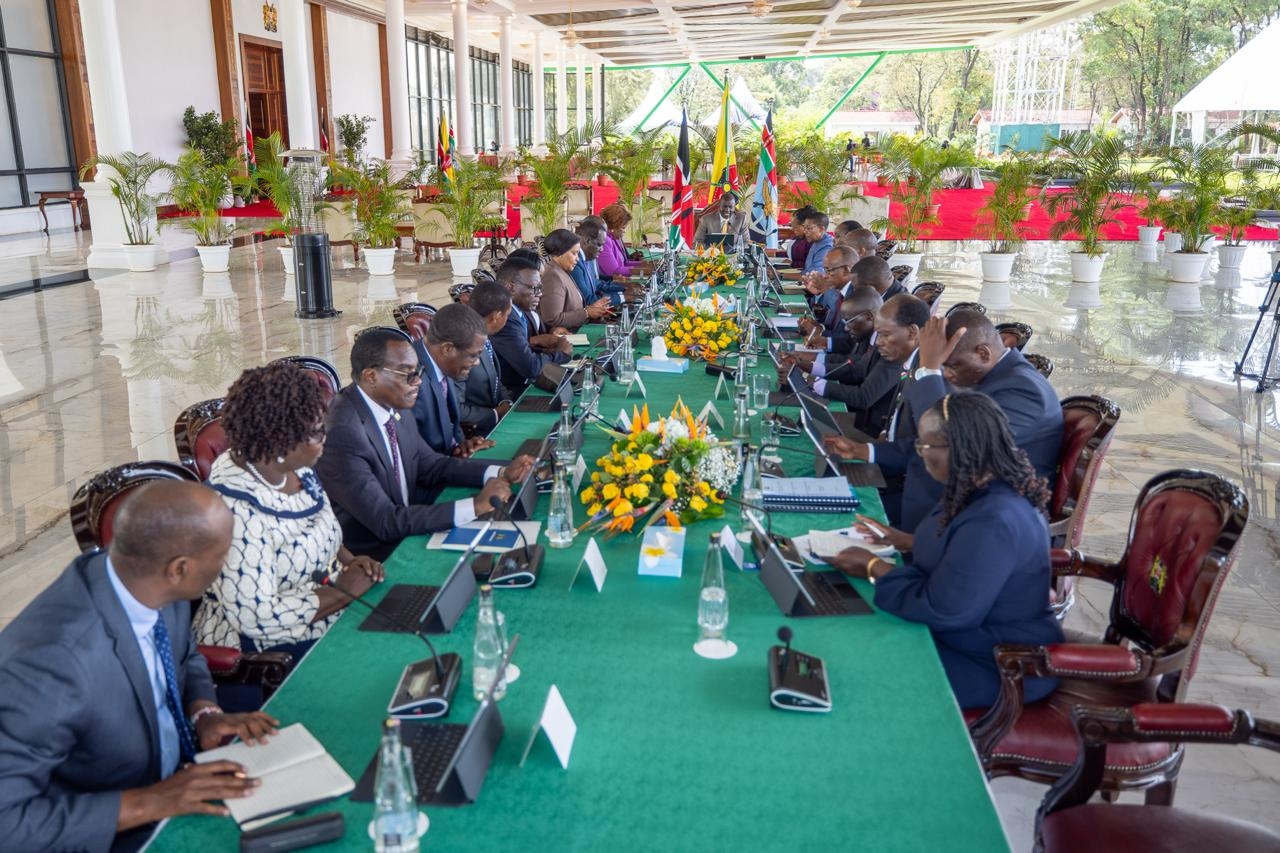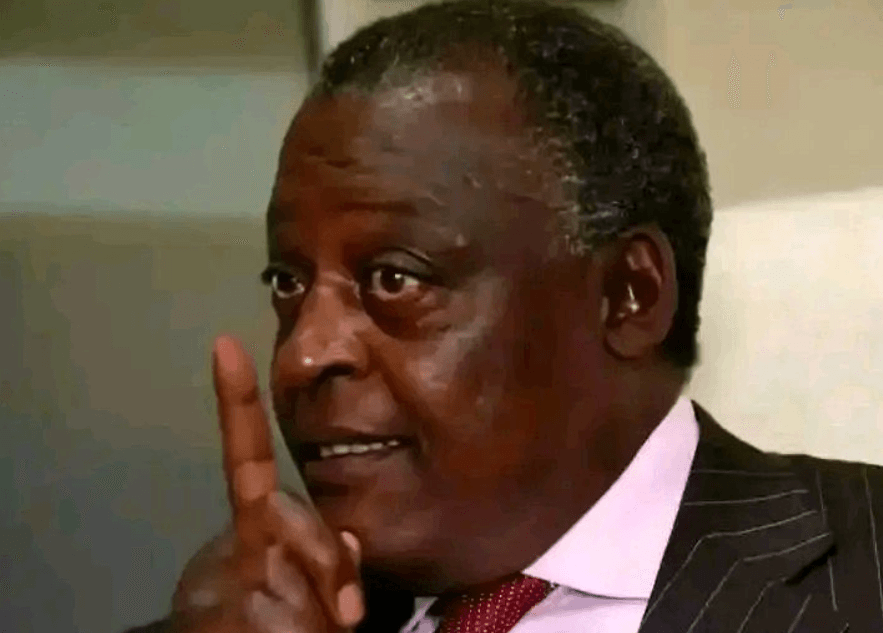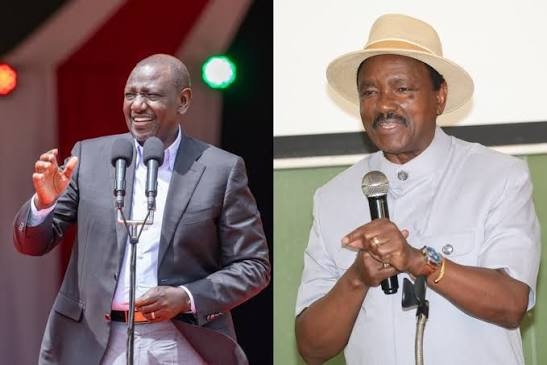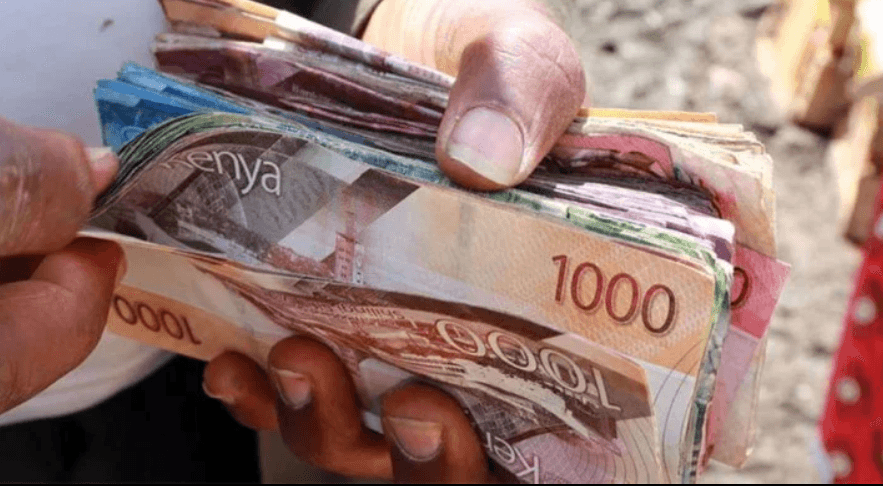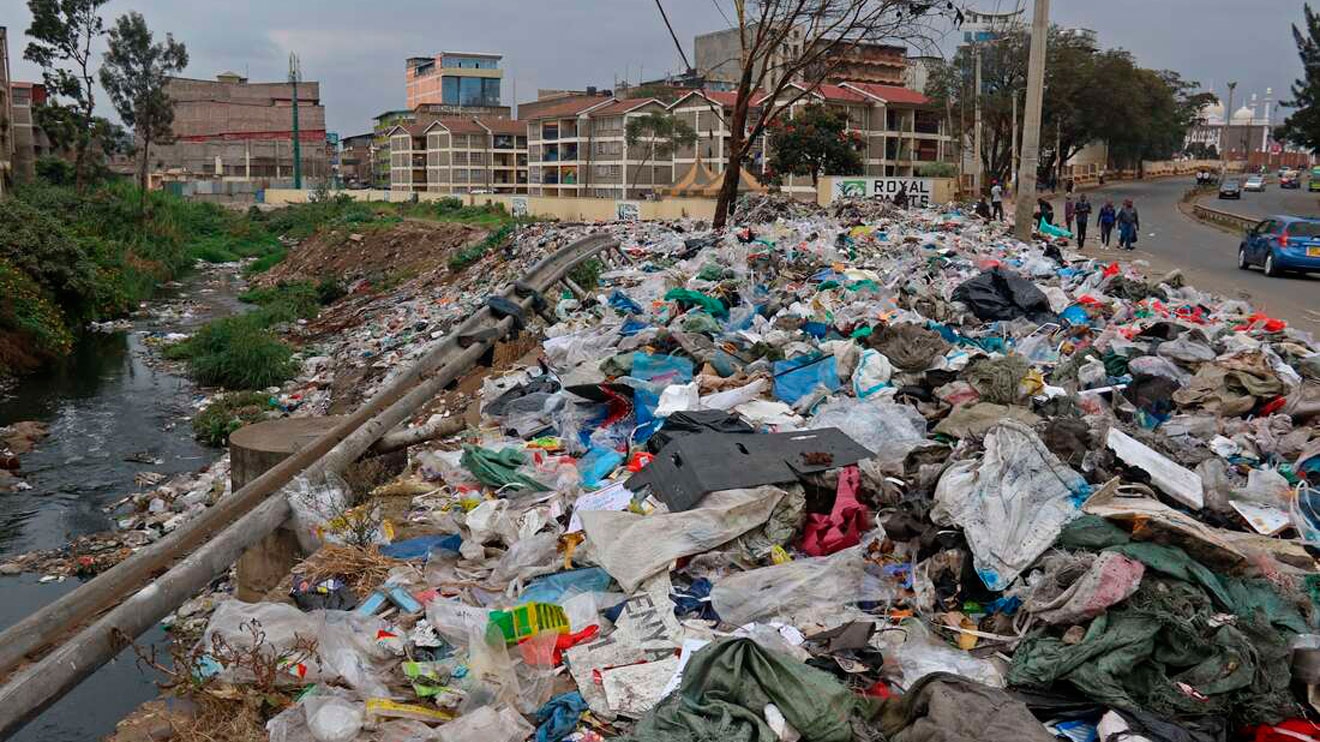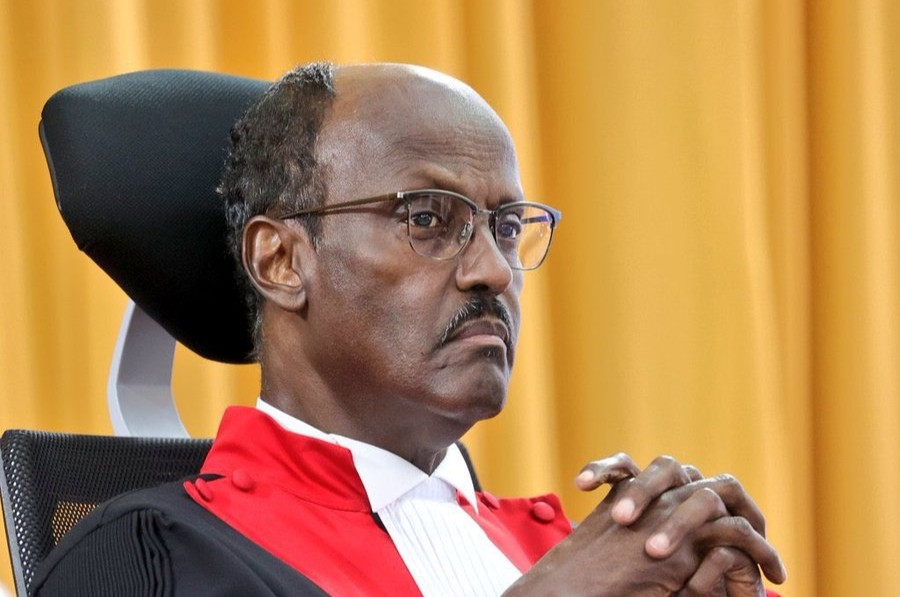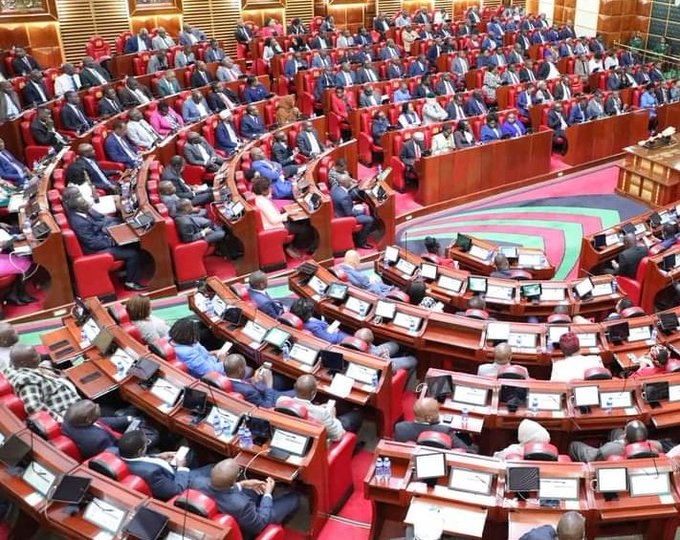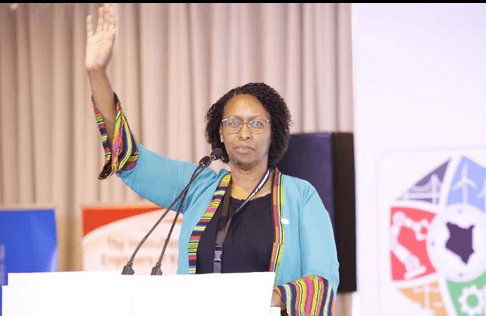Azimio leader Raila Odinga has poked holes into the Government to Government (G to G) oil deal signed between Kenya, Saudi Arabia and the UAE for the supply of oil to Kenya on favourable terms.
Speaking on Thursday, Raila said the deal had failed to address the intended issues noting that the cost of oil has not come down since the deal was signed.
“Well, the deal was a scam for which we now demand full disclosure and full accountability. It is corrupt and rotten to the core,” Raila said.
President William Ruto's government opted for government-to-government oil supply contracts in March this year after the shilling tumbled to record lows.
But Raila raised concern that instead, land-locked countries that depend on Kenya for oil are abandoning the pipeline because it has become too expensive.
He noted that for instance, Uganda had announced it would no longer purchase petroleum products from Kenya because middlemen have inflated prices by up to 59 per cent, imposing too high a cost on consumers.
Instead, Uganda and other forward markets like South Sudan, East DRC, Rwanda and Burundi have opted to consider importing goods through the Central Corridor or Tanzania route.
He further noted that the shilling has continued to fall against the dollar from an initial exchange of Sh132 when the deal was signed to the current Sh159.
“Other than keeping the cost of oil permanently high in Kenya, the deal is costing the country dearly in terms of trade in petroleum with landlocked neighbours,” Raila said.
According to the opposition chief, the deal is shrouded in deep secrecy with only two documents having been made public to date.
They include the Master Framework Agreement with petroleum trading entities and the Open Tender System modified agreement with marketers.
“The Supplier Purchase Agreement between the Middle East Oil firms and their hand-picked distributors in Kenya has never been seen. We challenge Ruto to publish this document,” Raila said.
He now wants the government to cancel the contract and revert to the Open Tender System which he said, ensured a guaranteed supply of petroleum products.
Raila said the open tender system also assigned responsibility to various players as opposed to the G to G that is making Kenyans depend on one inefficient player.
“The open tender system was efficient, accountable and competitive and offered prices commensurate with the international pricing model,” he said.
In September, the government announced it had extended the oil importation plan with three state-owned Gulf firms to ease the high dollar demand that continues to pin down the local currency.
Kenya Kwanza argued that adopting G2G would significantly ease the pressure on the dollar, allowing other traders and importers to access the currency for their bills.
Government-to-government procurement is a method of procurement that occurs where a bilateral or multilateral agreement is entered into between the Government of Kenya and a foreign government, agency, entity, or multilateral agency.




